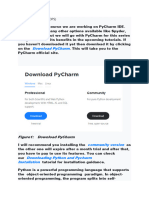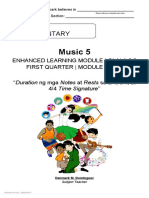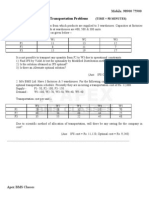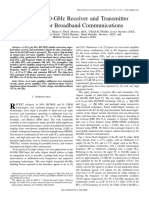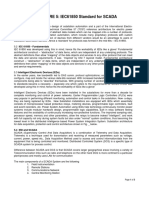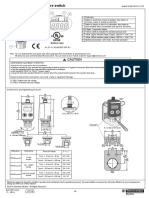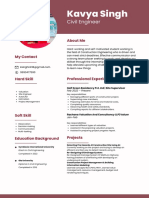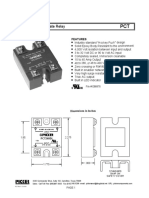0% found this document useful (0 votes)
17 views11 pagesOOP in Python
This document provides an overview of Object-Oriented Programming (OOP) in Python, explaining key concepts such as classes, objects, encapsulation, inheritance, polymorphism, and abstraction. It emphasizes the benefits of OOP in organizing code efficiently and promoting reusability. The document includes examples to illustrate each concept and concludes with an invitation for questions.
Uploaded by
THEJAS KUMARCopyright
© © All Rights Reserved
We take content rights seriously. If you suspect this is your content, claim it here.
Available Formats
Download as PPTX, PDF, TXT or read online on Scribd
0% found this document useful (0 votes)
17 views11 pagesOOP in Python
This document provides an overview of Object-Oriented Programming (OOP) in Python, explaining key concepts such as classes, objects, encapsulation, inheritance, polymorphism, and abstraction. It emphasizes the benefits of OOP in organizing code efficiently and promoting reusability. The document includes examples to illustrate each concept and concludes with an invitation for questions.
Uploaded by
THEJAS KUMARCopyright
© © All Rights Reserved
We take content rights seriously. If you suspect this is your content, claim it here.
Available Formats
Download as PPTX, PDF, TXT or read online on Scribd
/ 11
























































